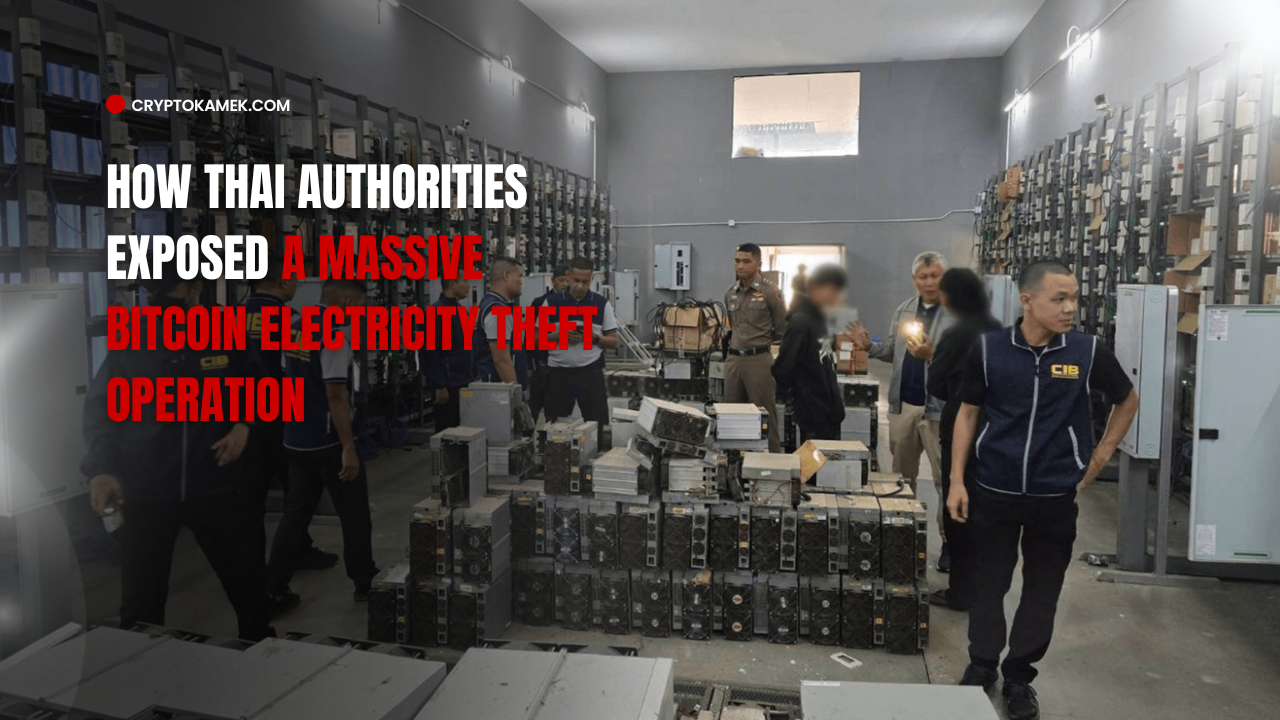

Hong Kong’s Stablecoin Bill: A Game Changer
Hong Kong is stepping into the spotlight with a bold move to regulate stablecoins. On December 6, 2024, the city introduced the Stablecoins Bill, signaling its determination to lead in the digital asset space. This landmark legislation focuses on stablecoins pegged to fiat currencies, offering a robust framework that balances innovation with financial stability.
Let’s explore the key features of this bill, what it means for issuers and consumers, and how it stacks up against regulations in other parts of the world, particularly in the United States.
What Is the Stablecoins Bill?
The Stablecoins Bill is a legislative blueprint designed to create a comprehensive regulatory regime for fiat-referenced stablecoins (FRS) in Hong Kong. It requires entities wishing to issue or market these stablecoins to obtain a license from the Hong Kong Monetary Authority (HKMA). This move underscores Hong Kong’s commitment to fostering trust and stability in the rapidly evolving virtual asset market.
Key Features of the Stablecoins Bill
Licensing Requirements
To operate legally, all stablecoin issuers and marketers must secure licenses from the HKMA.
Issuers must maintain reserve assets in local banks, ensuring that stablecoins remain backed by tangible value. In certain cases, foreign custody arrangements might be allowed, but these will be subject to strict oversight.
Capital and Compliance Standards
The bill mandates a minimum paid-up capital of HK$25 million (approximately $3 million) for issuers. This requirement ensures that only financially sound entities can participate in the stablecoin market. Issuers must also prove they have robust financial health, liquidity, and risk management systems.
Consumer Protection Measures
Consumer trust is at the heart of this legislation. The bill prohibits misleading marketing practices, providing users with accurate information about stablecoin offerings.
The HKMA is also empowered to enforce compliance, ensuring that issuers adhere to high operational standards.
Alignment with Global Standards
The bill reflects a commitment to the principle of “same activity, same risks, same regulation.” This alignment with international norms is a deliberate move to make Hong Kong a leader in setting global benchmarks for stablecoin regulation.
Why This Matters for Issuers
The Stablecoins Bill presents both challenges and opportunities for those looking to issue or market stablecoins in Hong Kong.
Challenges
Meeting the stringent requirements might be difficult for smaller or new entrants. For instance, the capital threshold and local banking requirements could be barriers for some businesses.
Additionally, overseas issuers may face hurdles unless they adjust their operations to comply with Hong Kong’s local presence and management mandates.
Opportunities
A clear regulatory framework can boost confidence among consumers and investors, potentially leading to greater adoption of stablecoins. Compliant issuers will likely enjoy a competitive edge in the global market, benefiting from the trust instilled by Hong Kong’s regulatory standards.
What’s in It for Consumers?
Consumers stand to gain significantly from this new regulatory environment.
Enhanced Protection
Strict compliance measures mean consumers are better protected against fraud and misleading claims. By requiring issuers to maintain reserves, the bill ensures that stablecoins retain their value, offering a safer and more reliable digital payment option.
Greater Stability
The focus on reserve assets provides consumers with confidence in the value of the stablecoins they use. This stability is particularly crucial in the volatile world of virtual assets.
How Does Hong Kong Compare to Other Jurisdictions?
Hong Kong’s proactive approach to stablecoin regulation sets it apart from other regions, especially the United States and the European Union.
United States
The regulatory environment in the United States remains fragmented and uncertain. Stablecoins fall under the jurisdiction of multiple agencies, such as the SEC and CFTC, making compliance a complex and often confusing process. This lack of clarity has stifled innovation and left many issuers uncertain about their legal obligations.
European Union
The European Union has made strides in regulating digital assets, including stablecoins, but its progress has been slower than Hong Kong’s decisive actions. Hong Kong’s framework could serve as a model for the EU as it continues to develop its own regulations.
Looking Ahead: The Future of Stablecoin Regulation
The Stablecoins Bill is scheduled for its first reading in the Legislative Council on December 18, 2024. If passed, it will position Hong Kong as one of the early adopters of stablecoin regulation, joining the ranks of Japan and the European Union. This proactive stance not only enhances Hong Kong’s reputation as a global financial hub but also sets a high standard for other regions grappling with similar regulatory challenges.
Potential Developments
Hong Kong’s forward-thinking approach includes a sandbox program introduced by the HKMA. This initiative allows select participants to test their stablecoin operations under regulatory supervision. Such programs are critical for fostering innovation while maintaining compliance.
International collaboration is another key area of focus. As digital assets transcend borders, Hong Kong may seek partnerships with other regulatory bodies to address cross-border issues and promote global harmonization.
Conclusion
Hong Kong’s Stablecoins Bill is more than just a piece of legislation—it’s a game changer for the digital asset industry. By establishing clear rules and high standards, Hong Kong is paving the way for a safer, more reliable stablecoin ecosystem.
This initiative isn’t just about protecting consumers or regulating issuers; it’s about shaping the future of digital finance. As other jurisdictions watch and learn, Hong Kong’s bold step could inspire a global shift in how stablecoins are regulated. For issuers, consumers, and stakeholders worldwide, this is a pivotal moment.
What are your thoughts on Hong Kong’s approach? Could it set a precedent for stablecoin regulation globally?
Source:
- Hong Kong’s New Law Targets Stablecoins: What’s Next?
- Stablecoins issuer regulation mooted
- Hong Kong’s Proposed Stablecoin Regulatory Regime: key takeaways from consultation conclusions






